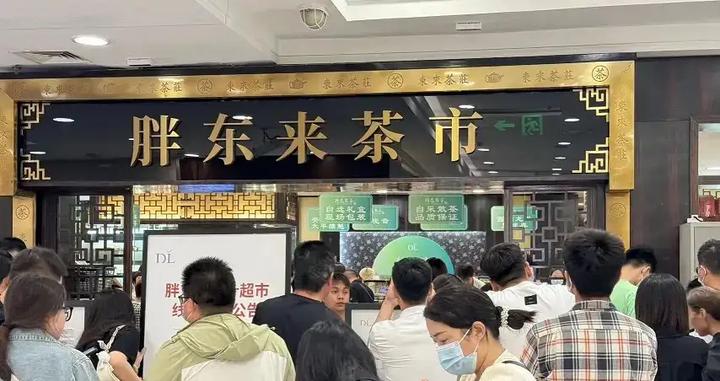The Rise of Dadonglai's Resellers: Impact on Brand Image and Business Implications
Over 300 reseller accounts are selling Dadonglai supermarket products, with some making nearly 2.5 million yuan monthly in sales. This phenomenon raises questions about brand reputation and business implications for the Chinese retail chain.

The rapid emergence of Dadonglai reseller accounts reflects the strong market demand for quality retail products in China. While Dadonglai’s founder Yu Donglai publicly states that the company does not authorize any livestream sales, investigations reveal at least 10 active accounts conducting live broadcasts from Dadonglai stores, with customers placing orders through various payment platforms.
The scale of this reselling phenomenon is significant. On platforms like Douyin, over 300 accounts explicitly identify themselves as Dadonglai resellers. One notable account, “Xuchangdonglai Select,” claims to broadcast daily from Dadonglai stores and has generated sales approaching 2.5 million yuan within 30 days, despite having fewer than 40,000 followers.
The business impact of this trend is multifaceted. Dadonglai’s retail operations have shown impressive growth, with total sales reaching 14.638 billion yuan by November 26th across their Xuchang and Xinxiang locations. Their flagship Time Square store alone has generated 3.869 billion yuan in sales this year.
However, the unauthorized reselling raises several concerns. First, it potentially disrupts the company’s carefully managed retail experience and quality control systems. Dadonglai has built its reputation on providing authentic products and superior customer service in their physical stores.
The phenomenon also highlights the strength of Dadonglai’s brand trust. Resellers capitalize on the company’s reputation for quality and authenticity, which resonates strongly with Chinese consumers who are increasingly concerned about product safety and authenticity. This trust has been built through years of consistent delivery on their promise of “genuine products at fair prices.”
From a strategic perspective, Dadonglai faces a complex decision. While the resellers contribute to brand awareness and sales volume, they operate outside the company’s control and could potentially damage its reputation if product quality or customer service issues arise. The company has already taken steps to address this by launching its own online marketplace in March, though its product selection remains limited compared to physical stores.
The situation reflects broader trends in Chinese retail, where consumer trust in established brands creates opportunities for unauthorized intermediaries. Similar patterns have been observed with membership-based retailers like Sam’s Club, where resellers have become a significant part of the informal distribution network.
For Dadonglai, maintaining their core values of quality and service while adapting to changing consumer behaviors presents both challenges and opportunities. Their response to this reselling phenomenon will likely shape their future growth strategy and market position in Chinese retail.